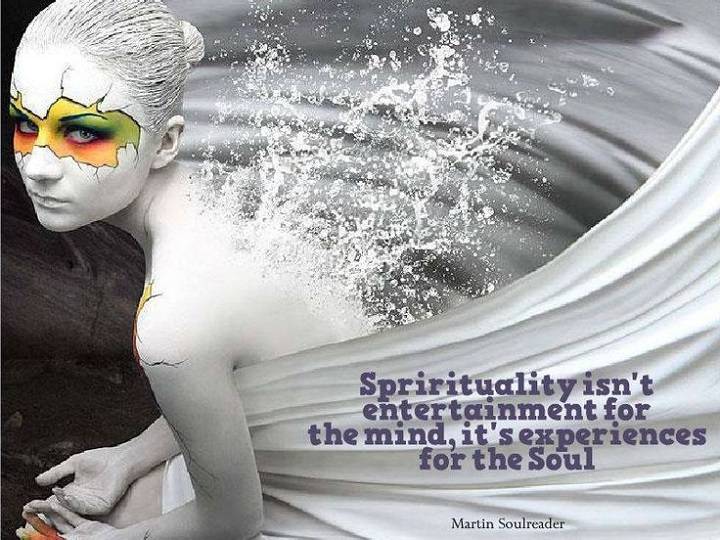In the fast-paced, ever-evolving world of entertainment, the lines between what is considered “entertainment” and what isn’t have blurred significantly over the years. In this article, we will delve into this captivating topic, exploring the multifaceted nature of entertainment and how it has evolved in the digital age.
The Evolution of Entertainment

Entertainment has come a long way from its traditional roots, encompassing a broad spectrum of experiences and activities. This evolution has led to the expansion of the definition of entertainment. Let’s delve deeper into the factors that have contributed to this transformation:
Technology’s Role
Advancements in technology have played a pivotal role in shaping the entertainment industry. With the rise of the internet, streaming platforms, and virtual reality, people now have access to a vast array of content and experiences that redefine the concept of entertainment.
Content Diversification
The entertainment landscape has diversified to cater to a wide range of interests. Traditional forms of entertainment, such as films and television, have been joined by video games, podcasts, and social media platforms. These diverse options cater to different tastes and preferences.
The Social Aspect
Entertainment isn’t solely about what you do in isolation. It’s about shared experiences and social engagement. Social media platforms like Instagram, TikTok, and Facebook have made it possible for individuals to entertain and be entertained by a global audience.
The Interplay of “Is” and “Isn’t” in Entertainment
To understand the dynamics of entertainment, it’s essential to recognize that the concept of “is” and “isn’t” coexists in this realm. Here’s how:
Entertainment as an Escape
“Is”: For many, entertainment serves as an escape from the daily grind. Whether it’s watching a gripping TV series, playing video games, or attending a live concert, these experiences provide a temporary respite from the demands of life.
Entertainment as Education
“Is”: Entertainment can also be educational. Documentaries, historical dramas, and informative podcasts offer an engaging way to learn about various subjects. It’s a subtle way of imparting knowledge through an entertaining medium.
Entertainment as a Time-Waster
“Isn’t”: On the flip side, critics argue that some forms of entertainment can be time-wasters. Mindlessly scrolling through social media, binge-watching low-quality TV shows, or playing addictive mobile games may not necessarily add value to one’s life.
Entertainment as a Distraction
“Isn’t”: In some cases, entertainment can serve as a distraction, preventing individuals from addressing pressing issues in their lives. It’s essential to strike a balance between entertainment and responsibilities.
The Power of Storytelling
One common thread in both “is” and “isn’t” aspects of entertainment is the power of storytelling. Great stories, whether in the form of a gripping novel, a captivating movie, or an immersive video game, have the potential to entertain, educate, or even distract.
How Storytelling Transforms “Isn’t” into “Is”
When done well, storytelling can transform seemingly mindless entertainment into a meaningful experience. For example, a thought-provoking movie or a well-crafted video game with a compelling narrative can turn what might be considered time-wasting into a genuinely enriching endeavor.
The Bottom Line
In the ever-evolving landscape of entertainment, the question of whether something is or isn’t entertainment is subjective. It depends on the individual, their intentions, and the context. Entertainment has the power to entertain, educate, and sometimes distract, but the line between these aspects is not always clear-cut.
As we continue to witness technological advancements and content diversification, the definition of entertainment will continue to evolve. Ultimately, the key is to embrace entertainment in a way that adds value to your life, whether it’s through escapism, education, or simply having a good time.








